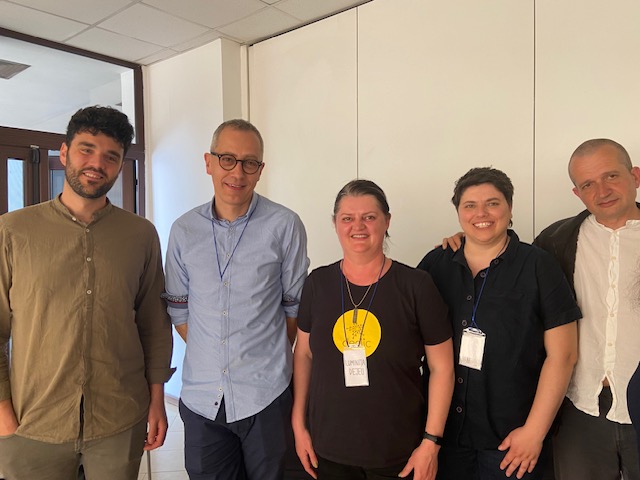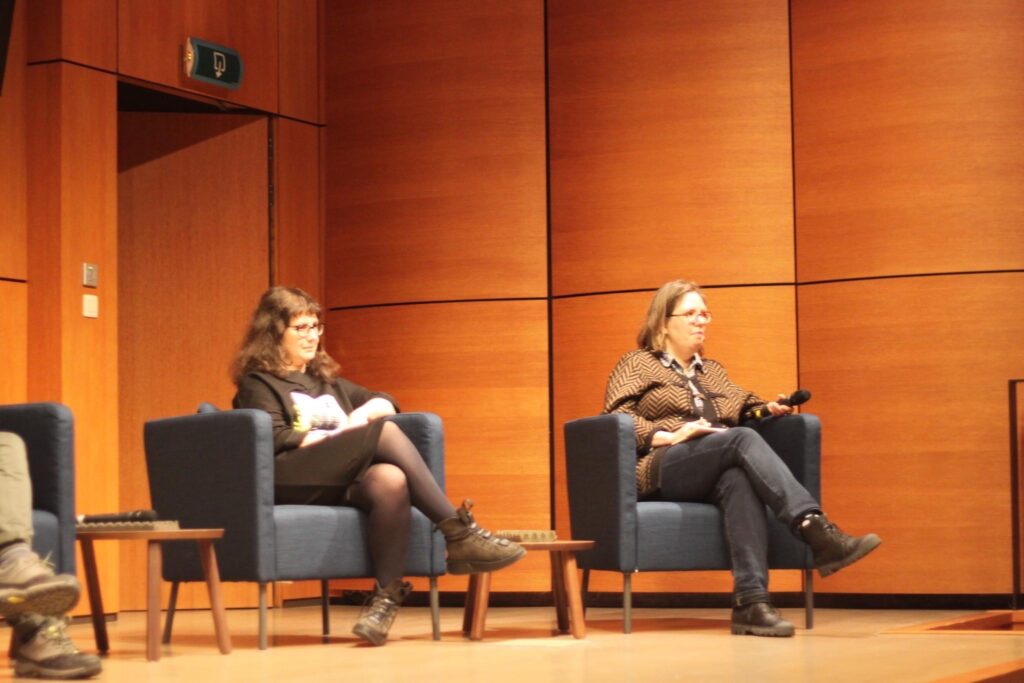‘Democracy’ is often researched in political science as a particular form of political organization. But the word itself has become more of a ‘floating signifier’, with the ability to conjure a certain social imaginary. This imaginary relies however more on visual than textual narratives. My paper analyzes the visual discourse emerging during the 2017 anti-corruption protests in Romania, the largest since the country’s transition to democracy in 1989. The slogans and visual artifacts the protesters used are primary data for a paper asking how hegemonic reconfigurations of meaning blend with a new visual discursive reconstruction of the ‘people’.
Visionlinguistics: Panoramas of Languaging and visuality, DN29 DiscourseNet & The Open University, 13-15 September 2023

